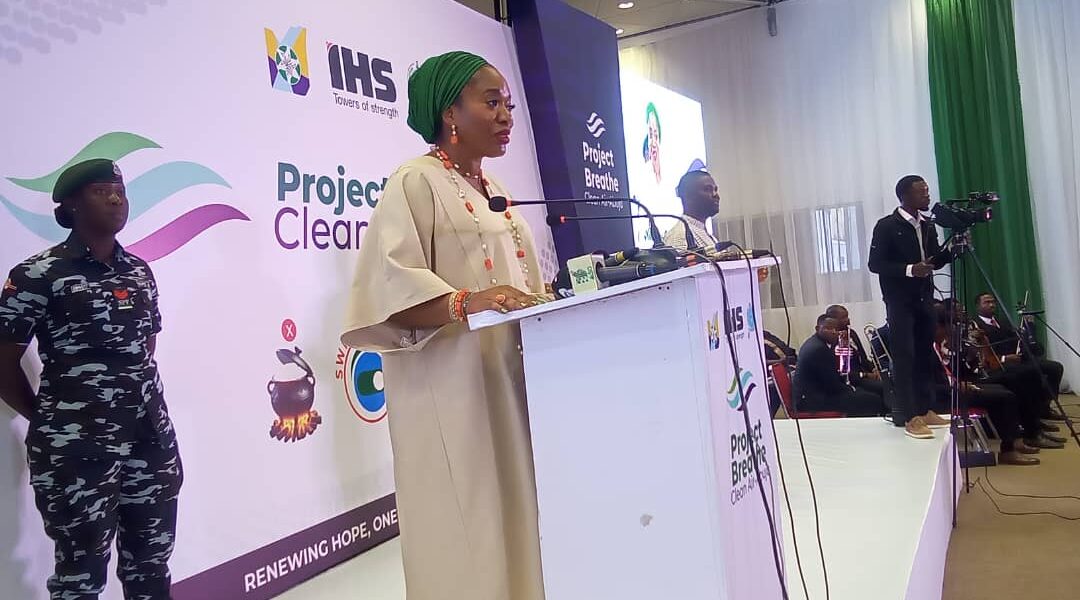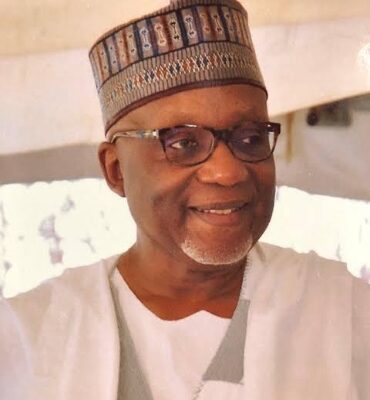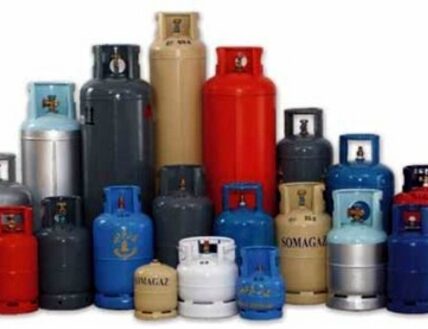Abuja Leads Nigeria’s Clean Cooking Revolution as FCTA, IHS Towers Roll Out Landmark Air Quality Campaign
This post has already been read 2133 times!
The Federal Capital Territory Administration (FCTA) has unveiled the “Breathe Clean Air in Abuja” Initiative, a flagship public health and environmental programme designed to tackle household air pollution and accelerate the adoption of clean cooking across the nation’s capital. The high-level launch, held at the Bola Ahmed Tinubu International Conference Centre, drew senior government officials, environmental advocates, international partners, and enthusiastic schoolchildren in a show of collective commitment to a cleaner, healthier Abuja.
Health and Environment Mandate Secretary, Dr. Dolapo Fasawe, described the initiative as a pivotal move toward safer communities and healthier homes. She noted that millions of Nigerians still depend on firewood and charcoal—a practice that exposes families, particularly women and children, to dangerous fumes known to cause respiratory illnesses and increase the risk of cancer. “These deaths are preventable,” she stressed. “This transition is not about 5,000 cylinders; it is the beginning of a journey that every Nigerian must embrace because clean air is a right.”
The initiative received a major boost with the donation of 5,000 LPG cylinders from IHS Towers for the pilot rollout. Co-founder of the company, Mr. Sam Darwish, reaffirmed IHS’s long-term commitment to advancing environmental health and women’s empowerment. “Clean energy access is essential for protecting families and empowering women,” he said. “IHS is proud to partner with the FCTA on this pilot and to support future expansion across Nigeria.” 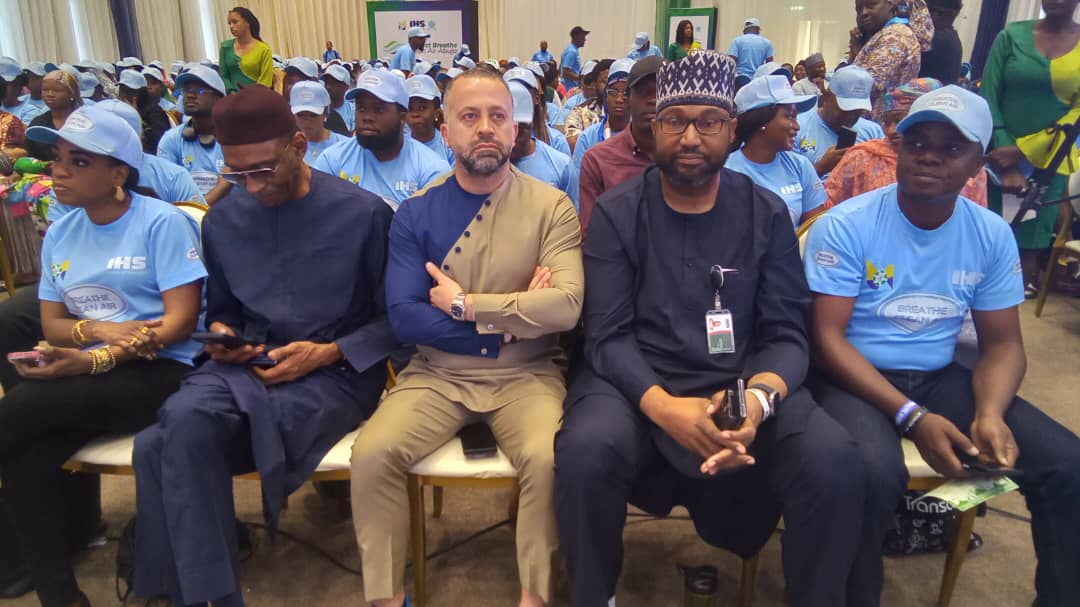
Global health statistics underscore the urgency of the project. According to the World Health Organization, 3.2 million people die annually from household air pollution. With more than 120 million Nigerians still cooking over open fires or using charcoal, the health risks—ranging from respiratory infections to lung cancer—remain profound.
Reflecting on decades of medical experience, Dr. Fasawe recalled treating preventable health conditions linked to environmental exposure. She emphasized that Nigeria’s successful containment of Ebola demonstrated the power of preparedness and proactive communication—principles now guiding the Clean Air campaign.
Cancer control specialist, Dr. Ramatu Usman, also raised alarm over the rising number of non-smoking women diagnosed with lung cancer. “They inhaled smoke from kitchens, not cigarettes,” she said, noting that while treatment can cost up to ₦7 million monthly, prevention requires only a transition to cleaner fuels.
In a significant show of support, Chairman of the House Ad-hoc Committee on FCT Health, Hon. Dr. M. A. Oriyan, announced that the National Assembly would include the Clean Air Initiative in the 2026 national budget. This legislative backing signals strong federal commitment to sustaining and scaling the programme nationwide.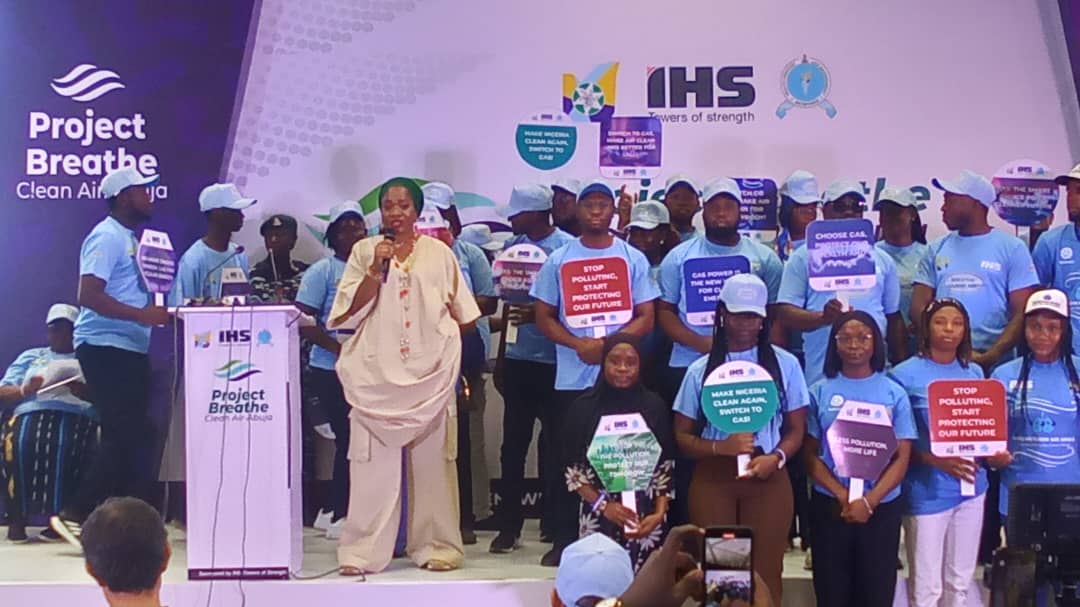
One of the most touching moments of the event came from a young student, Isabella, who delivered a moving poem titled “Abuja, Our Hope Will Breathe Again.” Her performance earned a standing ovation and underscored the generational importance of safeguarding the environment.
Beyond public health, the initiative aligns with broader climate and development targets, including reducing carbon emissions, encouraging recycling, improving urban hygiene, and expanding economic opportunities for women. Dr. Fasawe, widely respected for her environmental leadership, reiterated her philosophy of resource recovery: “Everybody’s waste is somebody’s raw material.”
She also emphasized the need for regional cooperation. “Environment has no boundaries. If Abuja succeeds but Nasarawa fails, we have not won,” she warned.
With strong political will, private-sector partnership, and growing citizen engagement, the FCTA believes the “Breathe Clean Air in Abuja” Initiative will position the capital as a national model for clean energy transition. Officials say the programme marks the beginning of a transformative journey capable of reshaping public health outcomes and redefining Nigeria’s household energy landscape for generations to come.

